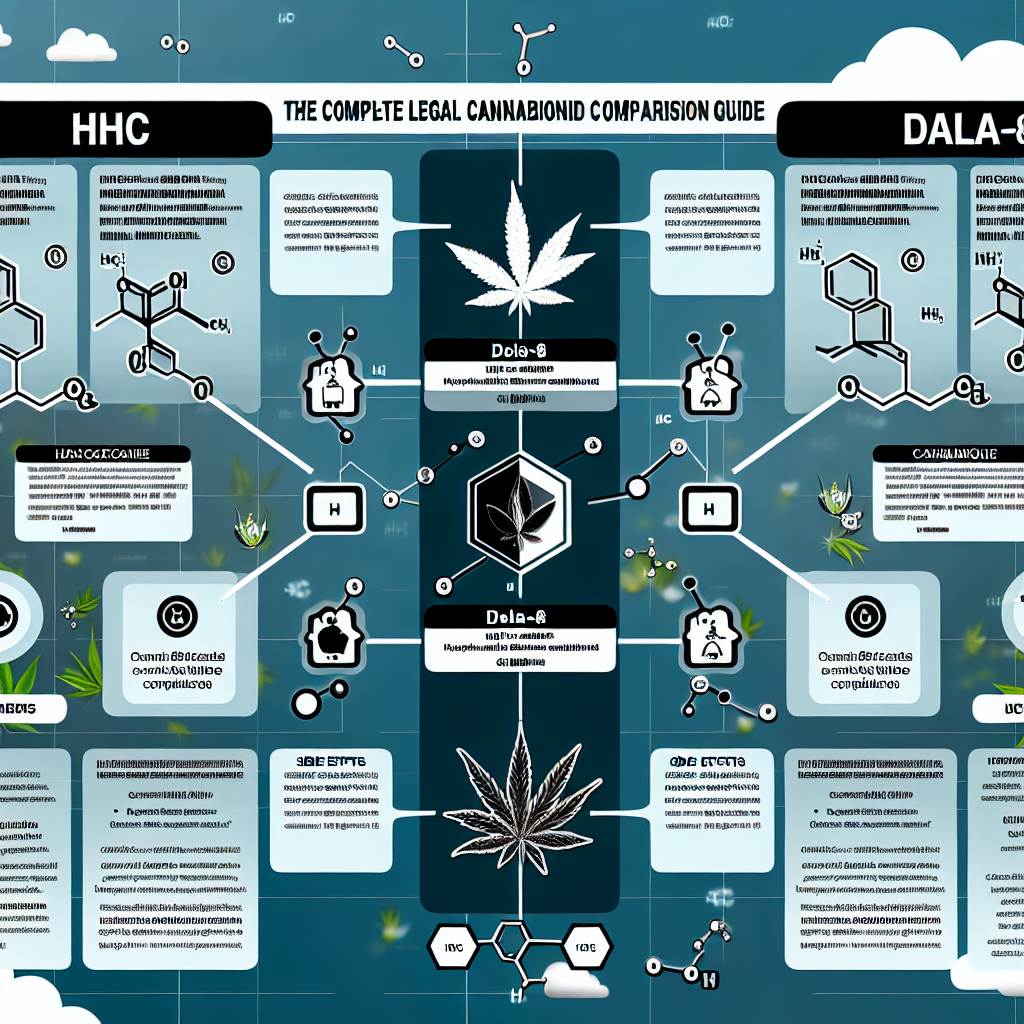Using Maitake Mushroom for Blood Sugar: Diabetes Management Protocol
Maitake Mushroom – A Natural Ally in Modern Diabetes Care
In the ever-expanding world of holistic wellness and integrative medicine, the fusion of natural remedies and conventional therapies continues to gain traction—particularly in the realm of chronic disease management. One natural remedy gaining attention among researchers and wellness professionals alike is the maitake mushroom (Grifola frondosa), a functional fungus long revered in traditional Eastern medicine.
Known as the “dancing mushroom” in Japanese folklore, maitake has recently caught the attention of Western medicine for its potential role in supporting blood sugar regulation and enhancing metabolic function, especially in individuals with Type 2 diabetes.
With over 463 million adults affected globally—and projections escalating to 700 million by 2045 (International Diabetes Federation)—the call for effective, safe, and holistic supports for diabetes care is louder than ever. While pharmaceuticals remain essential, a growing number of patients and health professionals are exploring adjunctive protocols aimed at improving insulin sensitivity, reducing glycemic spikes, and mitigating systemic inflammation.
Enter the maitake mushroom: rich in polysaccharides, particularly immune-modulating beta-glucans, this natural remedy offers potential benefits for improving glycemic control and supporting pancreatic health.
Maitake’s potential as a functional food or supplement fits seamlessly into integrative care models. It’s earning the endorsement of functional nutritionists, clinical herbalists, and even cannabis professionals looking to create powerful synergies between plant therapies and metabolic health.
Clinical Evidence – Science-Backed Support for Blood Sugar Regulation
The therapeutic potential of maitake mushroom is supported by a growing body of clinical and preclinical evidence that highlights its ability to regulate glucose levels, promote insulin sensitivity, and reduce inflammation.
One landmark study published in *Diabetes Research and Clinical Practice* explored a polysaccharide extract from maitake, known as fraction SX. The study found that this extract significantly improved insulin sensitivity and lowered blood glucose levels in mice with Type 2 diabetes. The researchers proposed that SX could activate insulin receptors even without the presence of insulin, thereby boosting glucose uptake more efficiently than some oral medications.
👉 Read the study here
In a small human trial conducted in Japan, Type 2 diabetes patients supplemented with maitake extract for eight weeks. Participants experienced reductions in fasting glucose and improved postprandial insulin responses, suggesting maitake’s ability to moderate post-meal blood sugar spikes. Although researchers recommended larger-scale trials, the early data is promising.
How Maitake Works – Key Mechanisms of Action
Maitake’s multifaceted action on blood sugar regulation is rooted in its biochemical profile, especially its high content of beta-glucans—complex polysaccharides that play a powerful role in immune and metabolic modulation.
Here’s how maitake may help manage diabetes:
– **Improved insulin sensitivity**: Maitake helps cells respond more effectively to insulin by reducing chronic inflammation and oxidative stress, both of which interfere with insulin signaling.
– **Post-meal glycemic control**: Maitake extract has been shown to minimize glucose spikes after eating, which is crucial for preventing long-term complications of diabetes.
– **Beta cell protection**: In laboratory studies, maitake helped protect and regenerate insulin-producing pancreatic beta cells. This regenerative effect, combined with antioxidant protection, may preserve the body’s natural insulin production capacity.
– **Stress regulation**: As an adaptogen, maitake supports hypothalamic-pituitary-adrenal (HPA) axis balance, potentially lowering stress-related cortisol surges that can elevate blood sugar.
A key study in *Bioscience, Biotechnology, and Biochemistry* highlights beta-glucans from maitake as potent agents in improving glucose tolerance and protecting pancreatic tissues from oxidative damage.
👉 Explore the research
Synergy with Cannabis – A New Frontier in Integrative Diabetes Support
As interest grows in combining natural therapies for enhanced healing, the synergy between medicinal mushrooms and cannabis is becoming a topic of excitement, especially among holistic and cannabis medicine practitioners.
Cannabinoids like CBD (cannabidiol) have demonstrated anti-inflammatory, insulin-sensitizing, and neuroprotective properties. When paired with maitake, which also combats inflammation and boosts insulin sensitivity, the two substances may offer complementary pathways to support blood sugar regulation and overall metabolic harmony.
Functional and integrative medicine practitioners are beginning to formulate natural protocols that include:
– Maitake mushroom as a daily supplement or part of an anti-inflammatory diet
– CBD oil or cannabis-derived compounds with low THC for metabolic and neurological balance
– Mindful movement, circadian-friendly sleep, and low-glycemic meal planning
This multifaceted strategy addresses the root factors of Type 2 diabetes—chronic inflammation, oxidative stress, and insulin resistance—while offering a gentle, botanical-based approach to long-term wellness.
Final Thoughts: Maitake as a Cornerstone to Holistic Diabetes Wellness
With a rising wave of scientific validation and a strong tradition of medicinal use, maitake mushroom has earned its place as a promising natural ally in the fight against Type 2 diabetes. Its remarkable ability to:
✅ Improve insulin sensitivity
✅ Balance blood glucose levels
✅ Protect pancreatic function
✅ Reduce systemic inflammation
…makes it an ideal addition to a holistic diabetes care plan.
Whether integrated into meals, consumed as an extract, or paired with other natural therapies like CBD, maitake offers a gentle yet impactful pathway toward sustainable metabolic health.
As always, individuals living with diabetes should consult a qualified healthcare provider or functional medicine specialist before beginning any new supplement regimen.
References
– *Diabetes Research and Clinical Practice*, “Hypoglycemic effect of maitake mushroom (Grifola frondosa) polysaccharide in obese/diabetic mice”
👉 https://www.sciencedirect.com/science/article/abs/pii/S0168822706001346
– *Bioscience, Biotechnology, and Biochemistry*, “Beta-glucan from maitake mushroom improves glucose tolerance and insulin resistance in diabetic mice”
👉 https://academic.oup.com/bbb/article/66/11/2483/5977667
– International Diabetes Federation (IDF), “Diabetes Atlas, 9th Edition”
👉 https://diabetesatlas.org/
– NIH, “Medicinal Mushrooms: Their Therapeutic Properties and Current Medical Usage with Special Emphasis on Cancer Treatments”
👉 https://www.ncbi.nlm.nih.gov/pmc/articles/PMC4684115/
**Ready to integrate maitake into your wellness regimen?**
Talk to your functional medicine provider or holistic practitioner to see if this powerful mushroom could support your health journey today.
Concise Summary:
Maitake mushroom is a natural remedy gaining attention for its potential role in supporting blood sugar regulation and improving metabolic function in individuals with Type 2 diabetes. The mushroom’s high content of immune-modulating beta-glucans has been shown to enhance insulin sensitivity, control post-meal glucose spikes, and protect pancreatic function. Integrating maitake into holistic diabetes care protocols, including synergies with cannabis-derived compounds, offers a gentle yet impactful pathway toward sustainable metabolic health.




